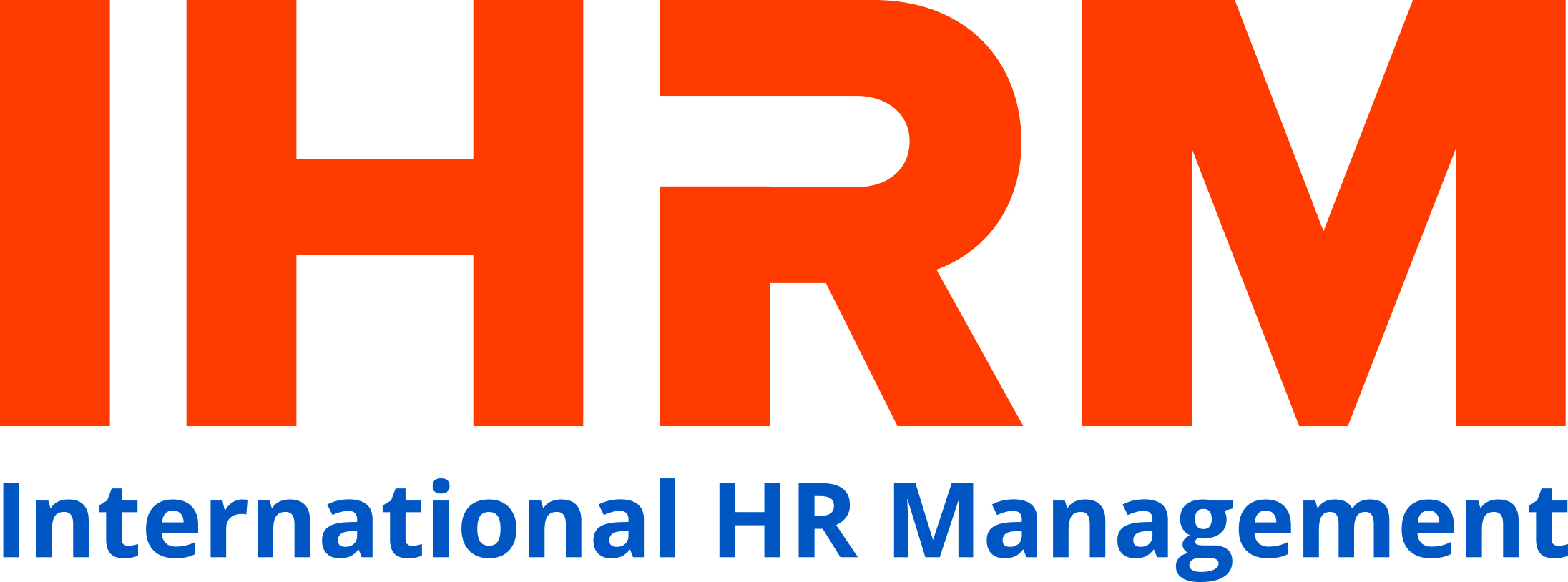THE CHALLENGE OF CREATING A PROFESSIONAL CULTURE
Individualism is on the rise in America. It has always shaped the American ethos, giving Americans the values of personal autonomy, ambition, and liberty. Collectivist societies, on the other hand, emphasize social harmony and interdependence, which sometimes leads to the belief that the good of the group outweighs the needs of individuals. As such, individualism, and the values that it reinforces, allows for diversity within a community and an organization.
However, if the focus on individualism erodes our sense of community—and the rise of individualism in America has done just that— it can quickly turn into egoism, where individuals care about their own autonomy, and not the needs and rights of others.
Professionalism
The turn to egoism is doubly challenging for inculcating a culture of professionalism. To be a professional, one must identify with the purpose for which the profession exists and one must appreciate the impact that it has on the greater community. Professionalism demands that the professional recognize and internalize an ethos that is greater than, and may sometimes conflict with, his or her own personal desires, goals, or principles.
Professions, and professionalism, is also “other-focused” in that most professions require their members to appreciate the fiduciary responsibilities they have to the individuals they serve, who are oftentimes vulnerable or are dependent on the expertise of the professional they employ. For both provisions, the emphasis is not on one’s own personal desires or ambitions. Rather, it is on the values that the profession embodies and the people who place their trust and reliance in those professionals.

For example, the American Medical Association Code of Ethics states, “The practice of medicine, and its embodiment in the clinical encounter between a patient and a physician, is fundamentally a moral activity that arises from the imperative to care for patients and to alleviate suffering. The relationship between a patient and a physician is based on trust, which gives rise to physicians’ ethical responsibility to place patients’ welfare above the physician’s own self-interest or obligations to others, to use sound medical judgment on patients’ behalf, and to advocate for their patients’ welfare.”
Inculcating a culture of professionalism, therefore, now demands that we not only provide opportunities for employees and younger professionals to develop skills, but it also demands that we shift their frame of reference. We must become more explicit in onboarding them in how their individualism can be translated into a shared sense of purpose to act for the sake of other people.
The Rise of Individualism
Cultural psychologists have demonstrated the increase in individualism through various different metrics. One metric in particular has made me much more aware of its prevalence. This is the change of our use of personal pronouns. For example, Jean Twenge, et. al., have shown in their article, “Changes in Pronoun Use in American Books and the Rise of Individualism, 1960-2008,” that the use of “I” and “me” has increased 42 percent and the use of “you” as a second-person singular pronoun has increased 300 percent over the past 50 years, while the use of “we” has decreased 10 percent.
This change in language use demonstrates that we are increasingly thinking and talking about ourselves and others as separate and distinct people who interact with each other rather than living with each other. The change from interacting with to living with can be seen in today’s factious political arena and in the loss of civil society, which used to be a public space where communities responded to social issues without reverting to formal institutions of government and legislation.
Is It Selfishness?
The increase in individualism does not necessarily mean an increase in selfishness, even when it does incline towards egoism. For example, research has shown that millennials are both more individualistic and more likely to give charity than previous generations. Also, the Charities Aid Foundation, which publishes an index of global altruism, has found that more individualist countries are also more charitable, measured by how many people help strangers, donate money, or volunteer their time to charitable endeavors.

Giving to charities and to strangers are wonderful habits, yet charitable giving is often driven by personal values and identity. We give to strangers because they represent issues about which we care, and donate to charities that we deem important. Simply stated, we are acting for the sake of our own ideals and not for the sake of the individuals in need. While I certainly advocate that we continue to give money to charities and to strangers, I also believe that this form of charitable giving is insufficient. For our own personal development, we must also learn to see beyond the general issues to the individuals who are impacted by those issues.
Similarly, in the professional sphere, organizations must impart on their professionals the idea that serving clients is the point, and not a means to a personal end. In the case of medical professionals caring for patients, they should not see patients as opportunities to fulfill their general professional goals of providing care. Rather, the medical professional should see caring for that individual patient as his or her professional goal in and of itself.
Cultivating the Other-Focus
Inculcating professionalism in an increasingly individualistic culture is a challenge, but it is not impossible. Leaders must recognize that professional “other-focus” is a skill that must be honed and practiced, just like the other professional competencies. The values of individualism, such as personal autonomy, uniqueness, and the needs and rights of individuals, do not need to, and should not, be dismissed out of a fear that egoism is on the rise. These values are important for professionals to internalize, they just must be directed by professional values such as service and accountability. In doing so, we will be harnessing our younger employees’ individualism for the sake of professionalism by explicitly and intentionally turning those values away from how we see ourselves to how we see the people we serve.
|
Training Program
 Internationalize the human resource management capabilities of HR professionals in Vietnam Opening Date: March 19 , 2020 in HCMC
Opening Date: March 26, 2020 in Hanoi
|










